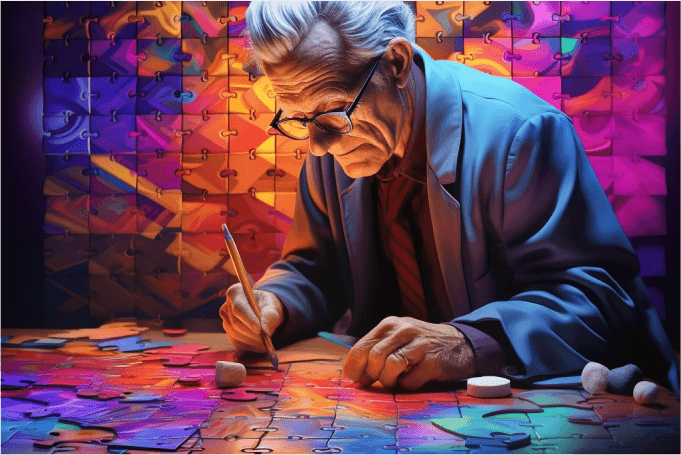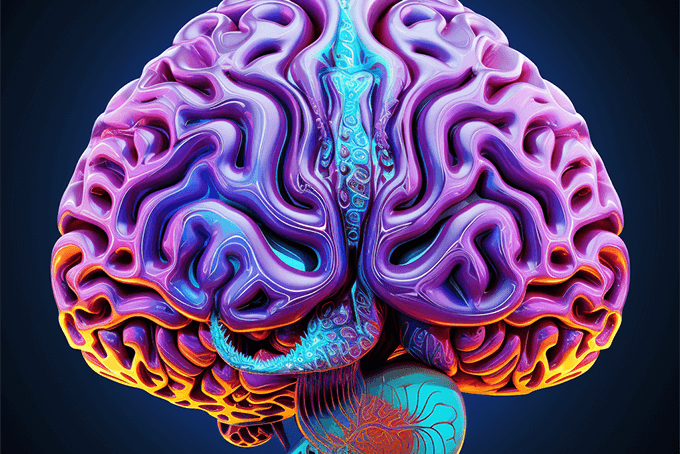Definition
Swiss biologist and psychologist Jean Piaget (1896-1980) is renowned for constructing a highly influential model of child development and learning. Piaget’s theory is based on the idea that the developing child builds cognitive structures–in other words, mental “maps,” schemes, or networked concepts for understanding and responding to physical experiences within his or her environment. Piaget further attested that a child’s cognitive structure increases in sophistication with development, moving from a few innate reflexes such as crying and sucking to highly complex mental activities.
Discussion
Piaget’s theory identifies four developmental stages and the processes by which children progress through them. The four stages are:
Sensorimotor stage (birth – 2 years old) - The child, through physical interaction with his or her environment, builds a set of concepts about reality and how it works. This is the stage where a child does not know that physical objects remain in existence even when out of sight (object permanance).
Preoperational stage (ages 2-7) – The child is not yet able to conceptualize abstractly and needs concrete physical situations.
Concrete operations (ages 7-11) – As physical experience accumulates, the child starts to conceptualize, creating logical structures that explain his or her physical experiences. Abstract problem solving is also possible at this stage. For example, arithmetic equations can be solved with numbers, not just with objects.
Formal operations (beginning at ages 11-15) – By this point, the child’s cognitive structures are like those of an adult and include conceptual reasoning.
Piaget outlined several principles for building cognitive structures. During all development stages, the child experiences his or her environment using whatever mental maps he or she has constructed so far. If the experience is a repeated one, it fits easily–or is assimilated–into the child’s cognitive structure so that he or she maintains mental “equilibrium.” If the experience is different or new, the child loses equilibrium, and alters his or her cognitive structure to accommodate the new conditions. This way, the child erects more and more adequate cognitive structures.
How Piaget’s Theory Impacts Learning
Curriculum – Educators must plan a developmentally appropriate curriculum that enhances their students’ logical and conceptual growth.
Instruction – Teachers must emphasize the critical role that experiences–or interactions with the surrounding environment–play in student learning. For example, instructors have to take into account the role that fundamental concepts, such as the permanence of objects, play in establishing cognitive structures. Check this if you want to learn how teachers and parents can apply Piaget's principles.



